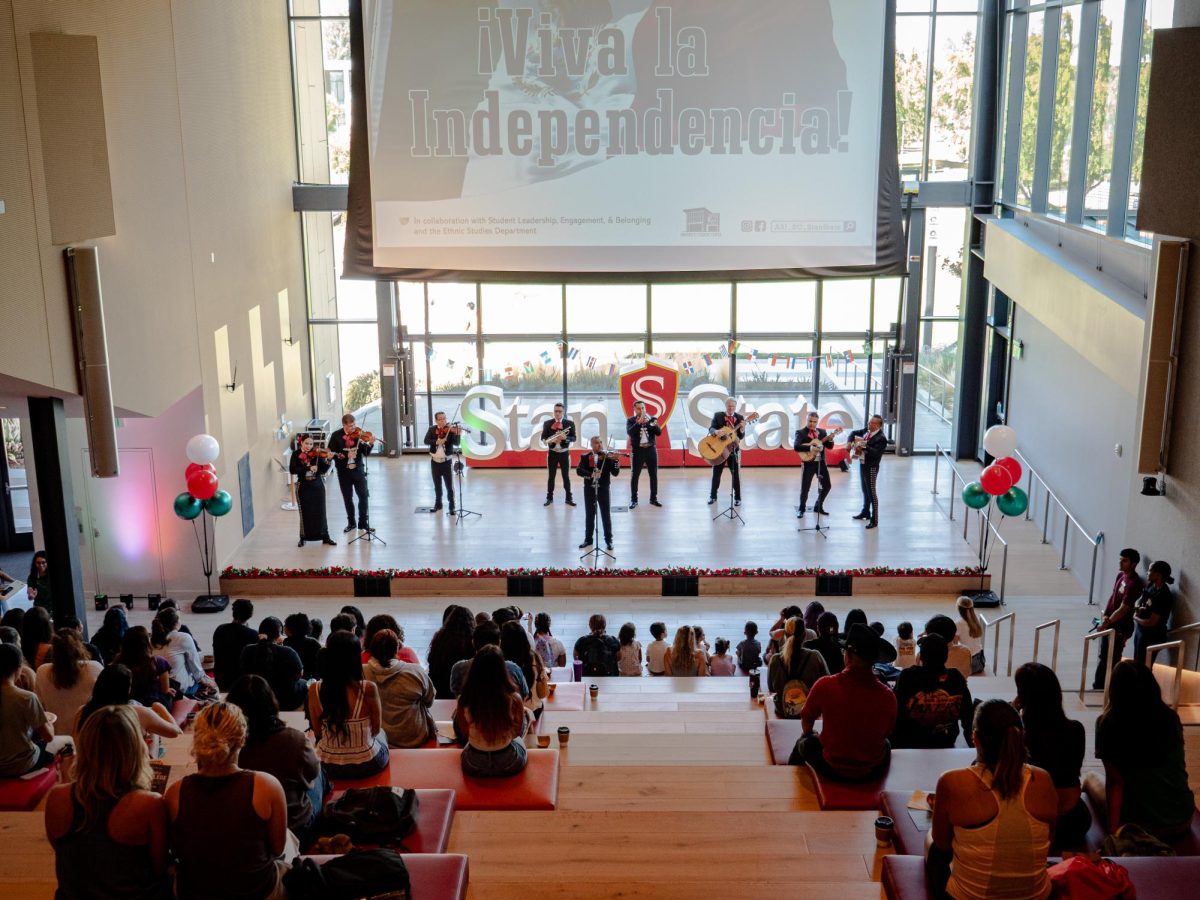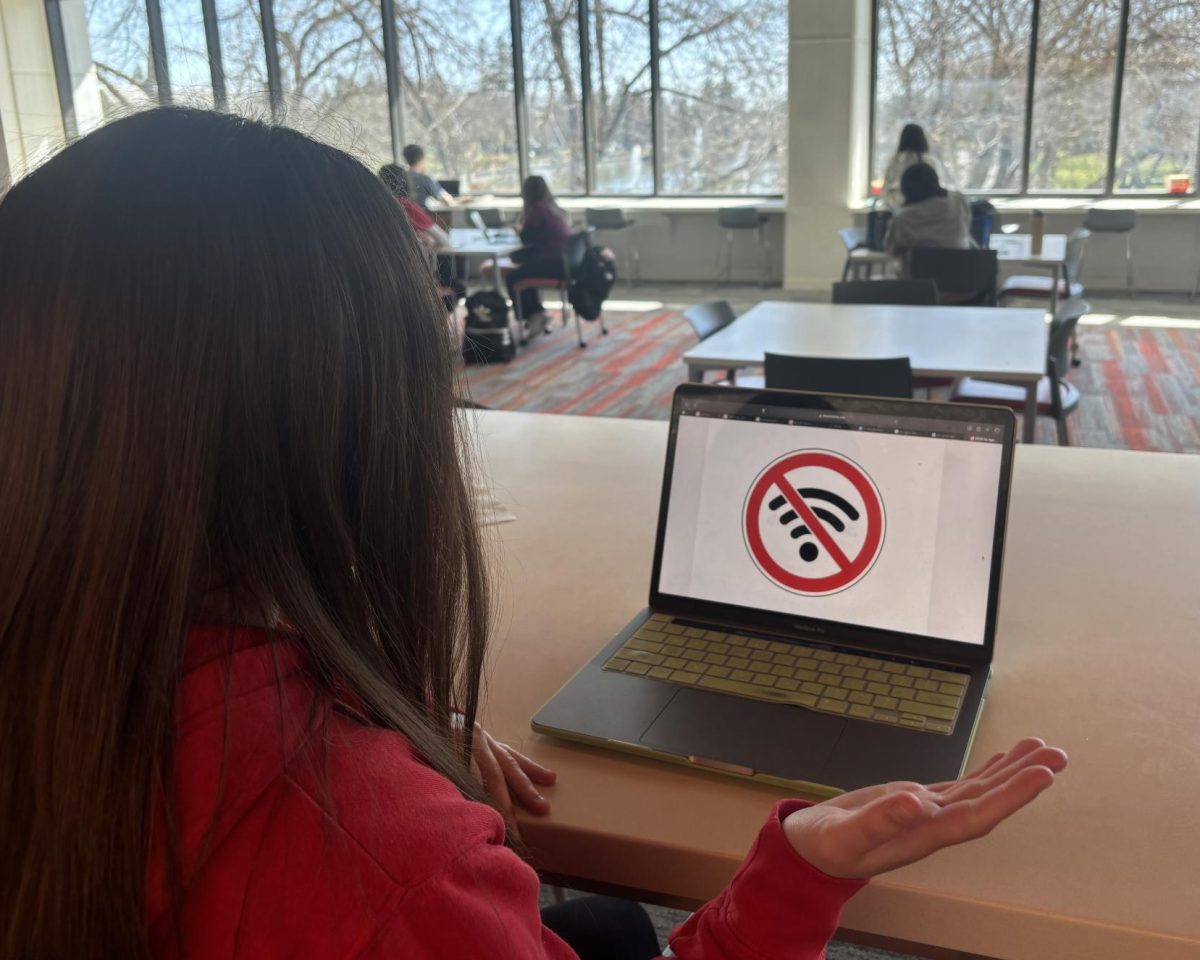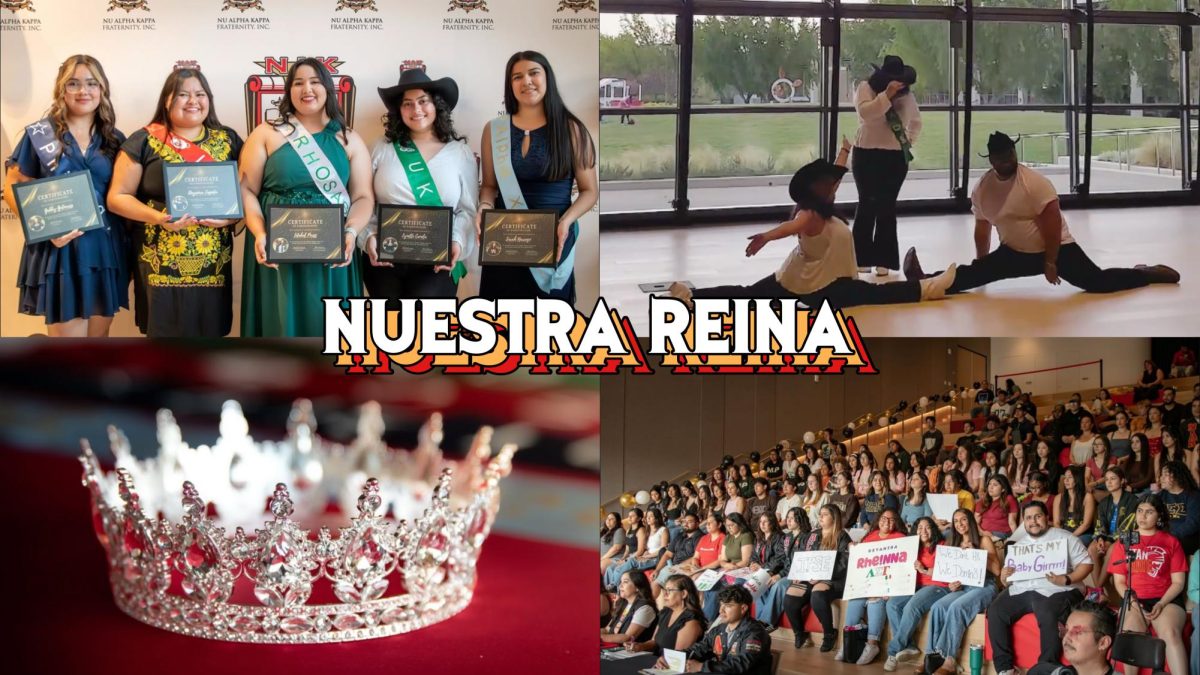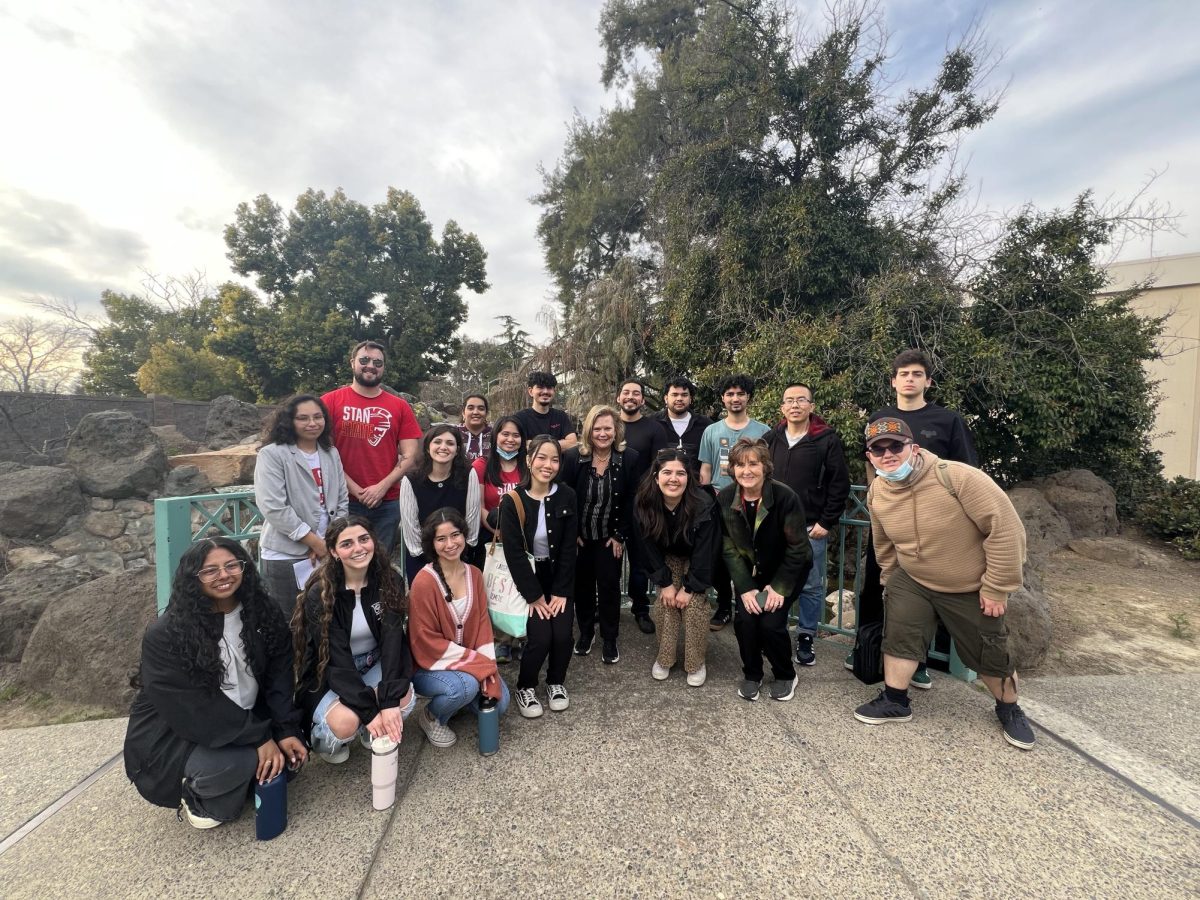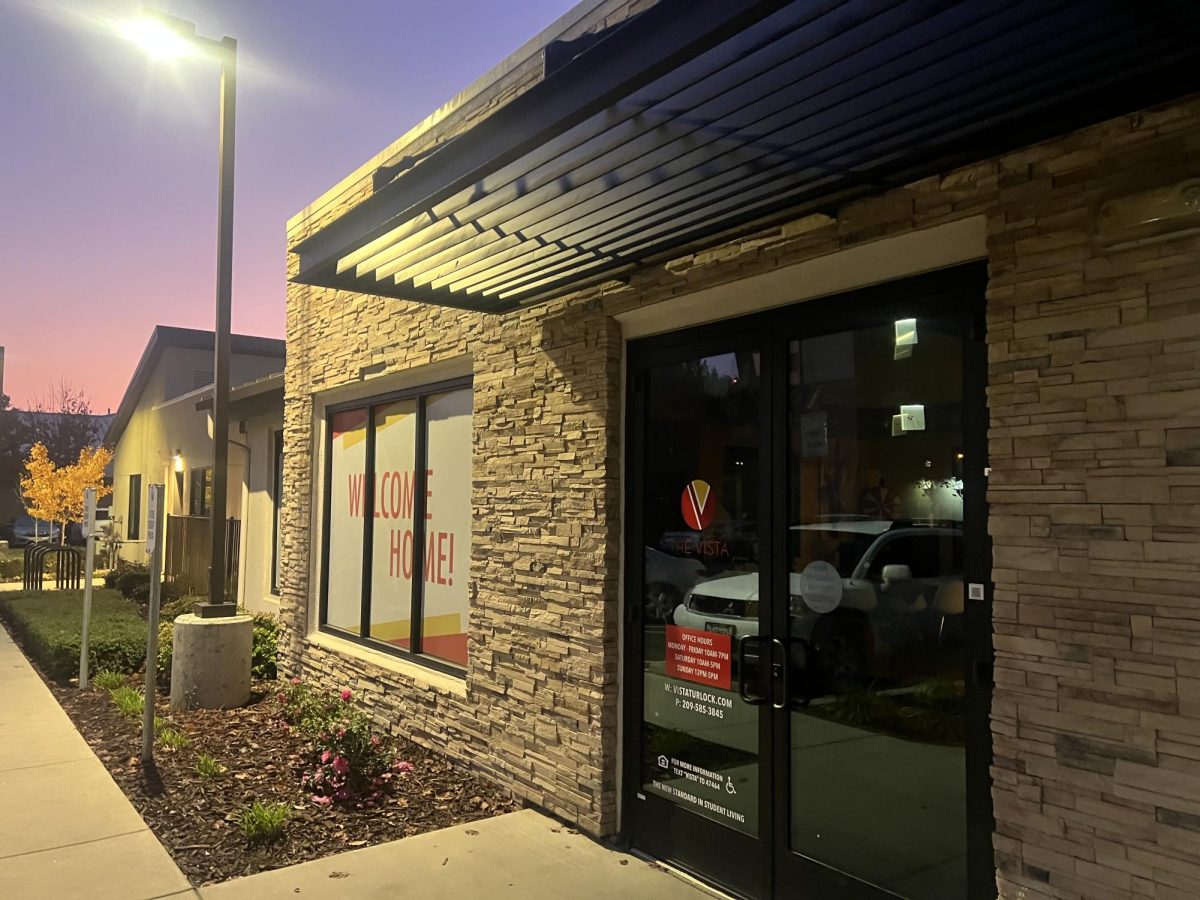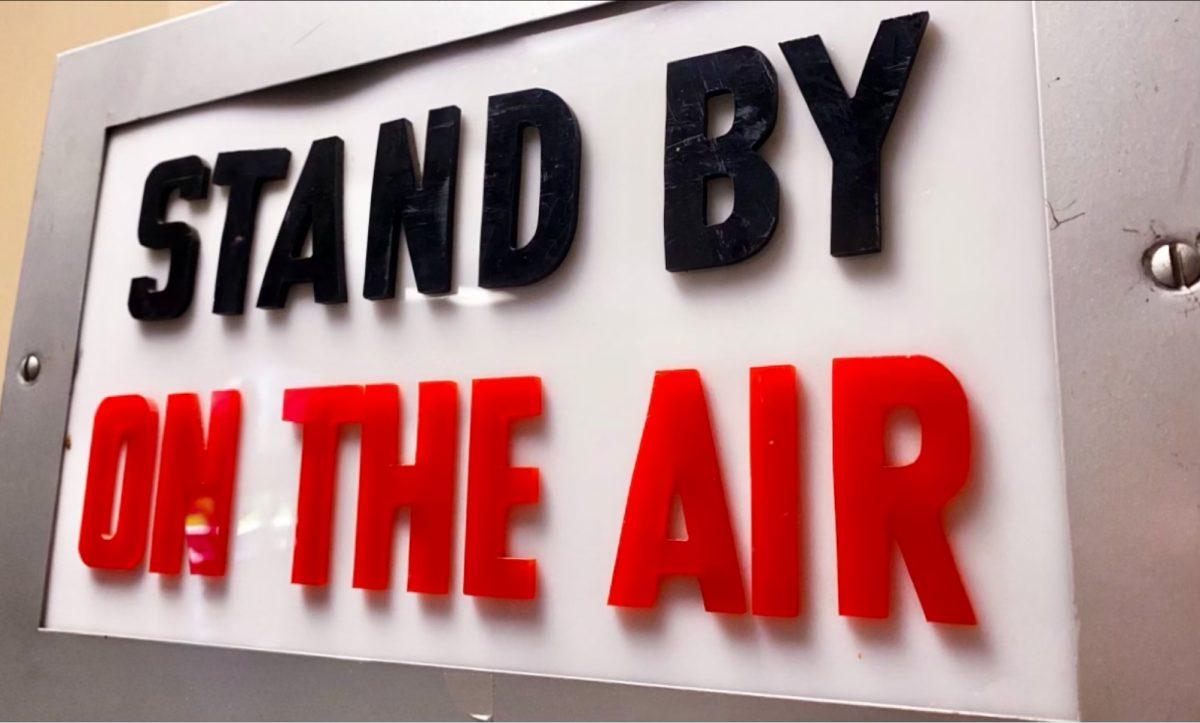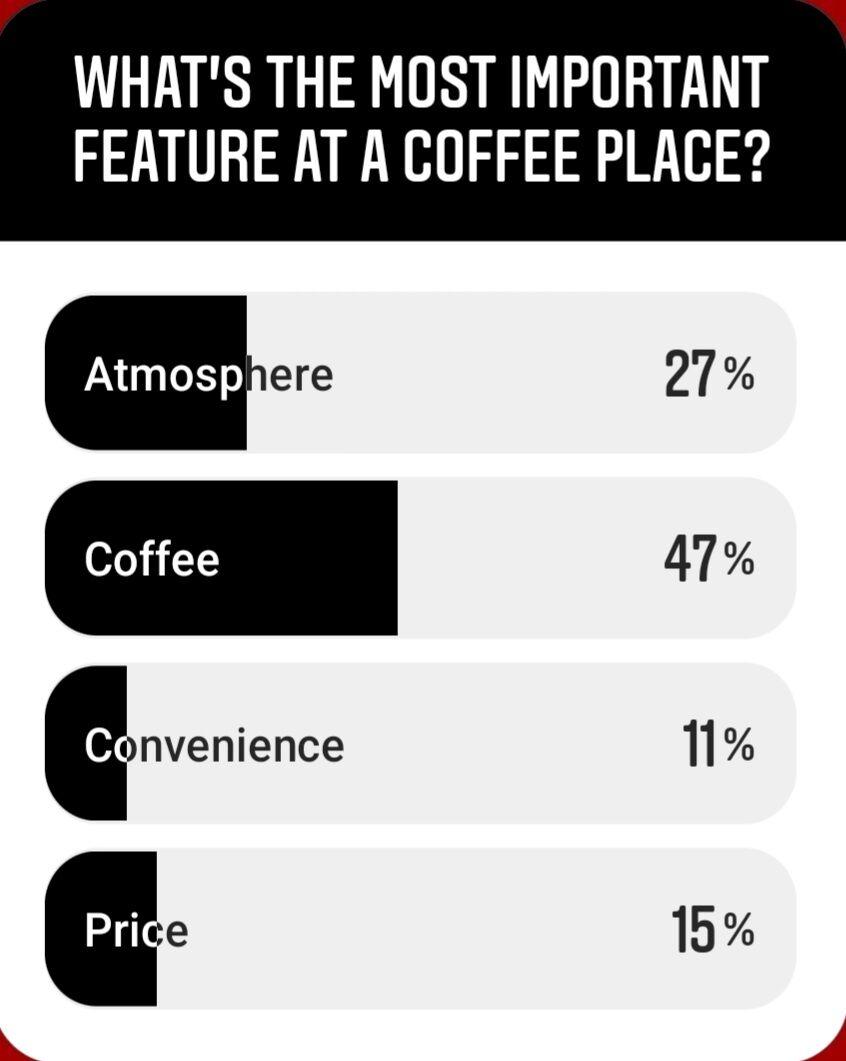Many students at California State University, Stanislaus (Stan State), juggle their work, family, finances and their education.
According to the National Center for Education Statistics (NCES), nearly half of undergraduates worked while enrolled. NCES recorded undergraduates who worked as well back in 2007. Fast-forwarding to 2011, 71 percent of the nation’s 19.7 million college undergraduates working at least 35 hours.
Tuition and scholarships came to be the major similarities from the 3 students stated below. Tuitions and scholarships need to be fulfilled in order for students to attend their classes in hopes to receive their degree.
Dayana Manzo, a part-time sales associate and full-time student, primarily supports her tuition through the job she works, in spite of her financial aide. In this case, working while attending school is a double-edged sword. “I only have school Tuesdays and Thursdays and generally I work even day aside from one day a week that isn’t a school day,” Manzo said.
The class work itself is not overwhelming for the students any professor can admit, but for the students, it is a different story. Accumulating a lot of outside work or other responsibilities tends to bleed into the time that should have been dedicated to studying or getting homework done.
The college board states, “Experts agree that students who work more than 15 to 20 hours per week often experience decreased school success.”
Other student stories on how they attend college are different than students who work. There are students who have scholarships that become like a job on its own to maintain it.
Scholarships manifested itself into a job in the case of Alejandro Sanchez, a full-time student-athlete who plays for Stan State’s soccer team.
“I have to commute a lot mostly Thursdays going to the weekends because we have away games to play. It’s cool though, but the only thing I don’t like is missing out on classes and having to catch up.”
In a 2006, the National Collegiate Athletic Association (NCAA) survey recorded athletes devoting their spare time to their sports instead of their academics.
College greek organizations have made a big impact on the college life, yet it is not always how it is portrayed in the films. Students help run these organizations for their peers in return for a support system and for an unforgettable experience of their college life. When running a professional organization, the time spent seems to double more than anything the student is doing.
Aasia Moore, who is in a fraternity explains that being in a fraternity is like one of her jobs. While being employed at a full-time job and enrolled in school full-time; the fraternity she is in helps her classes and with study methods with her peers to stay on track. At times there is more dedication to the fraternity Moore explains.
“I feel like I try to keep it even or put more to my school, but lately it seems like I’m dedicating more to my work life than school life,” Moore said.
As a whole, the conclusion leads to college students having more than just another homework assignment or test to study for.
Categories:
Overworked? What else is new
By Contributing writer Jose Diaz
•
November 21, 2016
(Writing for the Media/Jose Diaz).
0
Donate to Signal
Your donation will support the student journalists of California State University, Stanislaus. Your contribution will allow us to purchase equipment and cover our annual website hosting costs.
More to Discover


